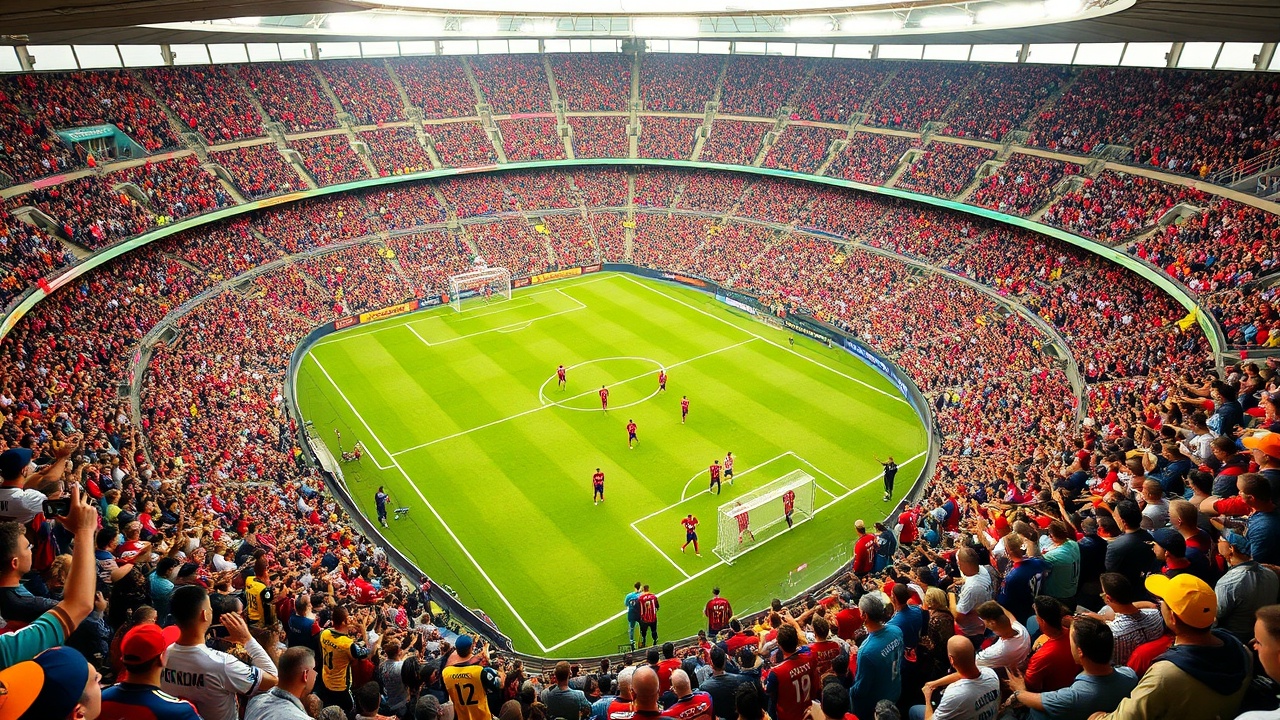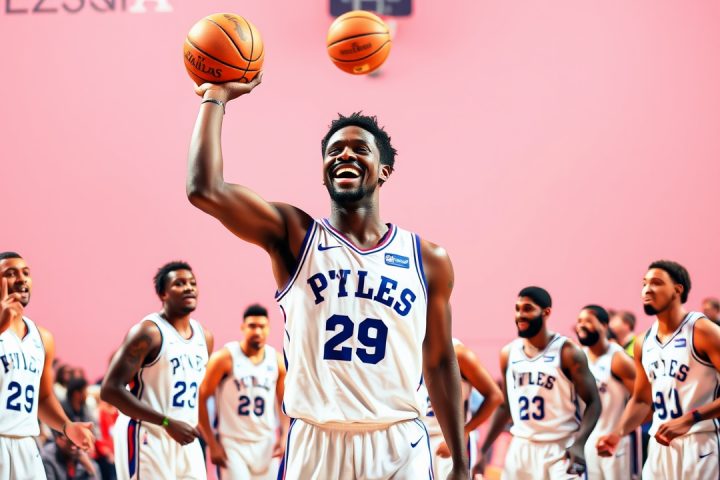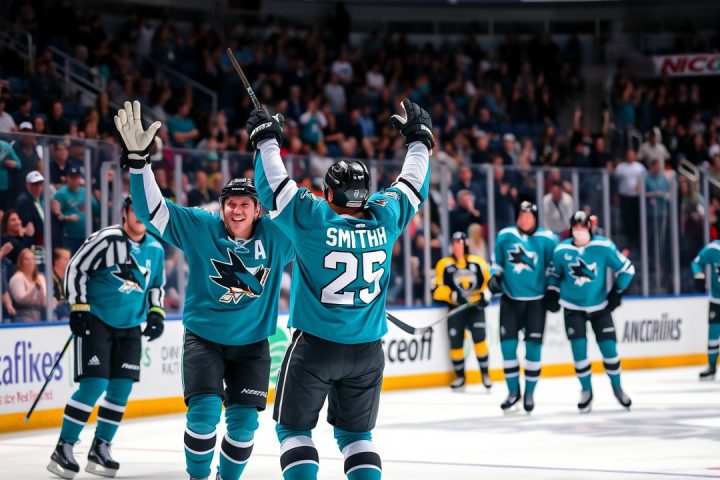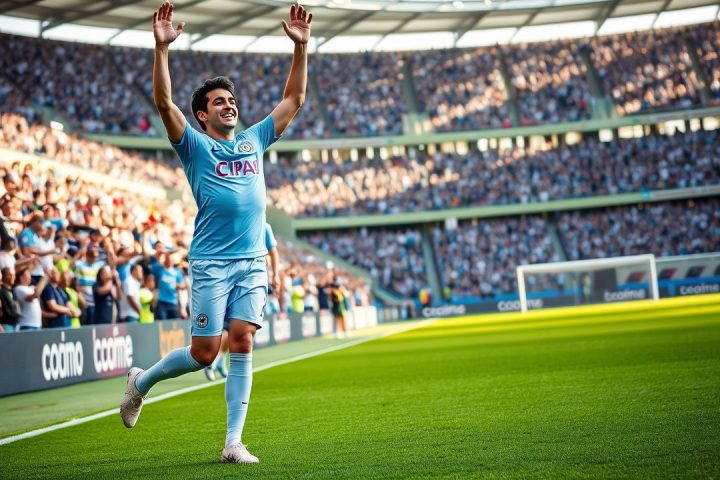The Upcoming Club World Cup
The upcoming Club World Cup, which kicks off on Saturday in the United States, represents a significant ambition for FIFA President Gianni Infantino. Infantino has envisioned a more prestigious tournament since replacing Sepp Blatter in 2016.
Ambitious Goals
Infantino proposed an expanded format to showcase the elite clubs across the globe, aiming to create an event that would feature the “best 32 teams in the world.” However, as the tournament approaches, critical scrutiny arises regarding whether the competing teams live up to that lofty expectation.
Competitive Integrity Concerns
Out of the 32 clubs participating, only eight can boast of being their nations’ reigning champions, raising concerns about the competitive integrity of the tournament. Notably absent are recent titleholders from major leagues, including England, Italy, and Spain, as well as other prominent footballing nations like Argentina and Japan. This suggests a considerable number of high-caliber teams are missing from the lineup.
Representation Analysis
Analyzing the representation from the globe’s six major continental competitions reveals that merely half of the current champions will compete. While the presence of well-known clubs like Paris Saint-Germain and Botafogo should provide some star power, the omission of other champions, such as Pyramids from Africa and Al Ahli from Asia, highlights the gaps in the tournament’s appeal and competitiveness.
Selection and Qualification Issues
The selection process appears flawed, particularly as teams are invited based on their achievements from prior seasons. For instance, Urawa Red Diamonds qualified despite winning the 2022 Asian Champions League under surprising circumstances, yet their performance in domestic competitions since has been disappointing. Similarly, Chelsea’s qualification stems from a past triumph in the UEFA Champions League, but their subsequent league results paint a picture of a club in decline, leaving many fans questioning their current competitiveness.
Additionally, the qualifying criteria favor teams based on historical performance over the past five years, which introduces a disconnect between a club’s past and its present form. Teams like Juventus and Red Bull Salzburg have struggled recently despite their earlier successes, and Borussia Dortmund stands out as the only participant without recent titles.
Managerial Changes and Logistical Challenges
Another point of contention is the number of clubs experiencing managerial changes. With 14 teams adopting new coaches only months before the tournament, many of these clubs will be navigating transitions right as competition intensifies. This is compounded by the fact that some teams, such as Auckland City, will face logistical challenges due to personal matters involving their management.
Format and Skepticism
The format of the Club World Cup, intended to bring global football together, may raise more questions than it answers. Critics argue its structure appears Euro-centric and may dilute the overall quality of the matches. Furthermore, the expanded tournament could lead clubs from developing leagues to focus even more narrowly on financial gain rather than competitive growth.
While Infantino’s goal of elevating the global profile of football clubs is ambitious, the reality is that this tournament is occurring during a period when clubs are often in transition, completing their league seasons or dealing with player fatigue. Without the historical significance that national competitions provide, many players may not find the motivation needed for peak performance.
Conclusion
As the Club World Cup gets underway, skepticism about its ability to deliver the high-quality competition that Infantino envisions remains justified. Many observers will be watching closely to see if this event truly showcases the best football has to offer or if it is simply a cash-driven spectacle, failing to live up to its promise of being the pinnacle of club football.




